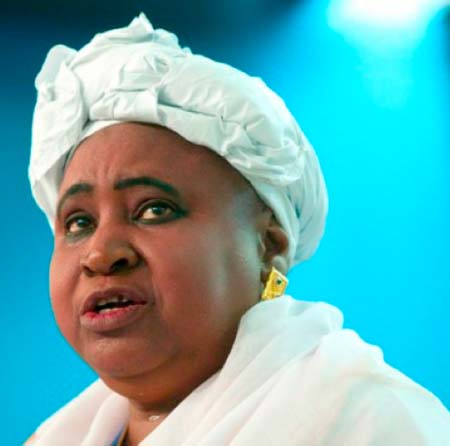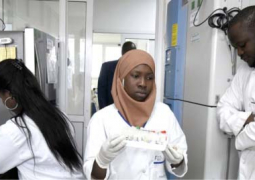
Lawmakers
yesterday passed the Petroleum Products Bill 2016.
It
was tabled before deputies by the Vice President and Minister of Women Affairs,
Isatou Njie-Saidy.
It
is a common knowledge, she said, that the daily lives of many Gambians in one
way or another “are affected” by the petroleum products supply chain, hence
“there are numerous reasons” why the legislation for the regulation of the
supply chain of these products was long overdue.
She
said despite such a need, the sector did not have an overarching harmonised
legislative or regulatory framework.
However,
she added, there are regulations used to regulate aspects of petroleum products
supply chain.
This,
though useful in filling the void due to lack of an overarching legislation,
has resulted in different institutions or departments issuing permits without
adequate coordination and, even more importantly, a coherent follow-up
monitoring mechanism.
“The
absence of legislation has also resulted in overlap of functions,” she added.
“There
are many potential negative consequences of this status quo in terms of
consumer health and safety, environmental problems, risk of fire and
occupational health.”
According
to the vice president, such risks are easily conceivable if one imagines
petroleum products offloading, transportation, storage and sale.
She
noted that to avert such risks and ameliorate the potential negative
consequences, the bill was proposed and regulations for various operations in
the supply chain would be formulated to operationalise the Act.
Realising
the need for the legislation to regulate the sector, the Ministry of Petroleum
and Energy, in consultation with other stakeholders such as the Ministry of
Justice, Public Utility Regulatory Authority (PURA) and the National
Environmental Agency (NEA) drafted the petroleum products bill.
The
motion was seconded by the National Assembly Member for Niamina West, Hon.
Lamin Jadama, who said the bill was long overdue, and it would provide a legal
framework for the regulation of the downstream petroleum sector, in general,
including importation, exportation, refining, transportation, processing and
marketing.
This,
he noted, will ensure appropriate health, safety and environmental standards
and quality assurance.
Hon.
Fatou Mbye, the deputy Speaker of the National Assembly and Hon. FaBakary Tombong
Jatta, the majority leader and National Assembly Member for Serrekunda East,
both expressed similar sentiments about the relevance of the bill. They said it
is a timely bill, and “not controversial.”




